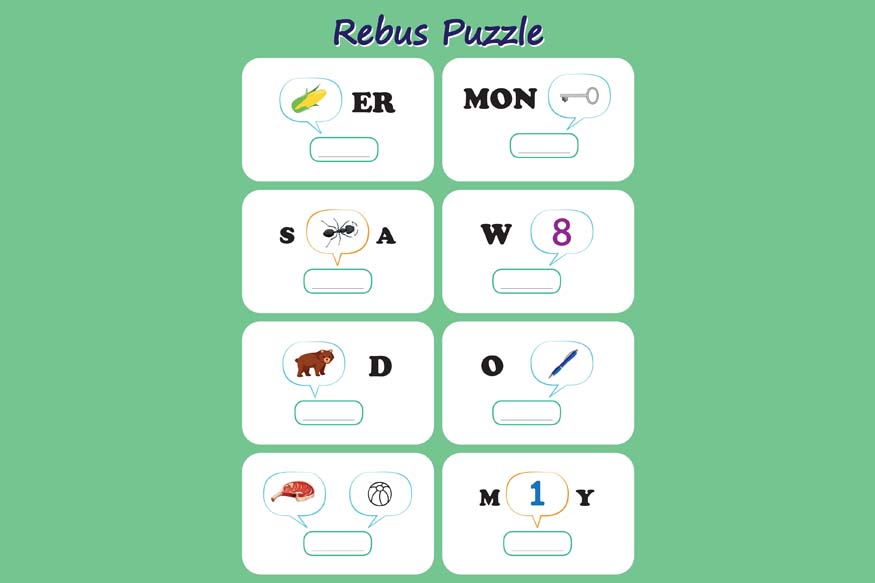Table of contents
- Introduction
- Understanding Resilience in Children
- 10 Tips for Building Resilience in Children
- Resilience-building strategies for parents
- Tips for Building resilience in children
- Conclusion
Introduction
One of the most basic roles of parents is building resilience in children. Resilience is the ability to respond to adversity and bounce back from challenges. In today’s society, fostering resilience in kids is an absolute necessity. This blog will provide practical tips for raising resilient kids and strategies to help children face life’s challenges.
Understanding Resilience in Children
Being resilient does not mean taking any stress or avoiding problems. It is the ability to deal with issues head-on through a practical approach. Emotional resilience in children includes managing and controlling their emotions, solving problems and asking for help when needed.
10 Tips for Building Resilience in Children

- Foster a Supportive Environment:
- Encourage problem-solving:
- Promote a Growth Mindset:
- Development of Good Relations:
- Teach emotional regulation:
- Promote Safe Risks:
- Modelling resilience:
- Follow a routine:
- Teach Self-Care:
- Promote empathy:
Love and support from parents are key to building resilience in children. Assure your children that they are loved despite their mistakes and teach them that it is alright to err.
One of the most important parenting behaviours that helps build resilience is letting children be independent. Do not jump to solve their problems immediately, let them try resolving their small issues first.
Ensure your children understand that skills and intelligence can be learned with time. This is an important aspect of teaching resilience to children.
Help your children become responsible and loving toward other family members, friends, and mentors. Such relationships are important for fostering resilience in kids.
The first step towards building emotional resilience in children begins with recognising and managing their emotions. Counsel your children on how to recognise and express their feelings.
Learn to let your children embrace safe risks according to their age. This is a good way of raising resilient children, as it helps them build confidence and learn from achievements and mistakes.
Another strategy for parents is modelling resilient behaviours. This is very important as children follow the examples set by the parents. Teach your children how you handle life problems and how you recover from failures.
Routines help children feel secure and fend for themselves when they grow up.
Help your children grasp the essence of personal care for their body and mind.
Helping others and showing kindness can build self-esteem and resilience. Empathy and solidarity go long way in shaping resilient children
Resilience-building strategies for parents

Including activities aimed at personality development in your everyday practice is a fun and useful way of building resilience in children. Here are a few ideas:
- Storytelling:
- Role-playing:
- Mindfulness exercises:
- Gratitude practice:
- Physical activities:
Read stories to your children about characters who emerged victorious over obstacles.
Act out episodes where problem-solving and emotion regulation are practised.
Mindfulness is important for resilience. Explain to children about the benefits of meditation and how to do simple breathing exercises.
Make an effort to have your children say aloud things they are grateful for every day.
Regular exercise and outdoor play can boost immunity and build resilience in children.
Tips for Building resilience in children
- Promote Self-Care Habits:
- Encourage Goal-Setting:
- Cultivate a Positive Self-Image:
- Maintain Perspective and Optimism:
- Embrace Self-Discovery Opportunities:
- Adapt to Change:
- Practise Emotional Regulation:
- Encourage Problem-Solving:
- Foster Social Connections:
- Model Resilient Behaviour:
Educate children on the importance of self-care for fostering resilience. Encourage healthy diet, physical activity, and adequate rest. Schedule some enjoyable activities. These habits will help children be balanced and calm, thereby building resilience.
One tip for raising resilient kids is teaching them to set and pursue goals. Advise them to break large tasks into simple, achievable tasks. Achieving goals helps children develop confidence and become resilient to challenges as they move towards their goals.
Resilience in kids increases when they learn to appreciate their own milestones. Encourage your children to think about past achievements in problem solving or dealing with difficulties. This increases the capacity of how they can handle future challenges and build confidence in decision making.
Emotional resilience in children can be increased by helping them see the big picture of any situation. Teach your child to be hopeful and help them see beyond challenges. Use historical examples to show the essence of life and help them understand that difficulties are temporary.
Difficult situations help people understand the extent of their potential. Ask your child what they learn about themselves during challenging situations. This strategy can effectively build resilience in children.
Change can be challenging for children. Parenting tips for resilience include helping your child to embrace change as part of life. Teach them to focus on what is achievable and within their control during tough times.
Managing their emotions and learning to respond calmly to situations is one of the best answers to “How to teach resilience to children?”. Engage them in feeling charts and emotion-focused activities to have a broader range of ways to manage themselves.
Instead of providing your child with the solution to their difficulties, help them come up with the solution. This strategy of resilience building strategy for parents helps children think critically and develop confidence in their skills.
Healthy relationships are important for raising resilience children. Children should learn how to cultivate and sustain friendships and know when to ask for help. This social network is quite useful when there are some difficulties in everyday life.
One of the useful ways of building up resilience in children is by setting an example. Encounters and lessons learnt from your own experiences are a great way to teach them resilience.
When using these approaches, you shall be on course to raising resilient children who shall be able to deal with life difficulties as they come.
Conclusion
Building resilience in children is a progressive task that takes time, effort, and affection. With the help of these tips for raising resilient kids and involving child resilience activities in your daily life, every child can become much more prepared for the future.
At Centre Point School, we care about parents and carers to promote children’s resilience. We hope that these resilience-enhancing strategies for parents help your quest to raise resilient and loving children.
It is also important to remember that no two children are the same. So, what is effective for one child may not be for another. It is crucial to be tolerant in the process of fostering resilience in kids. The time, care and efforts you put into bringing up resilient kids will pay off in various ways in the future.





